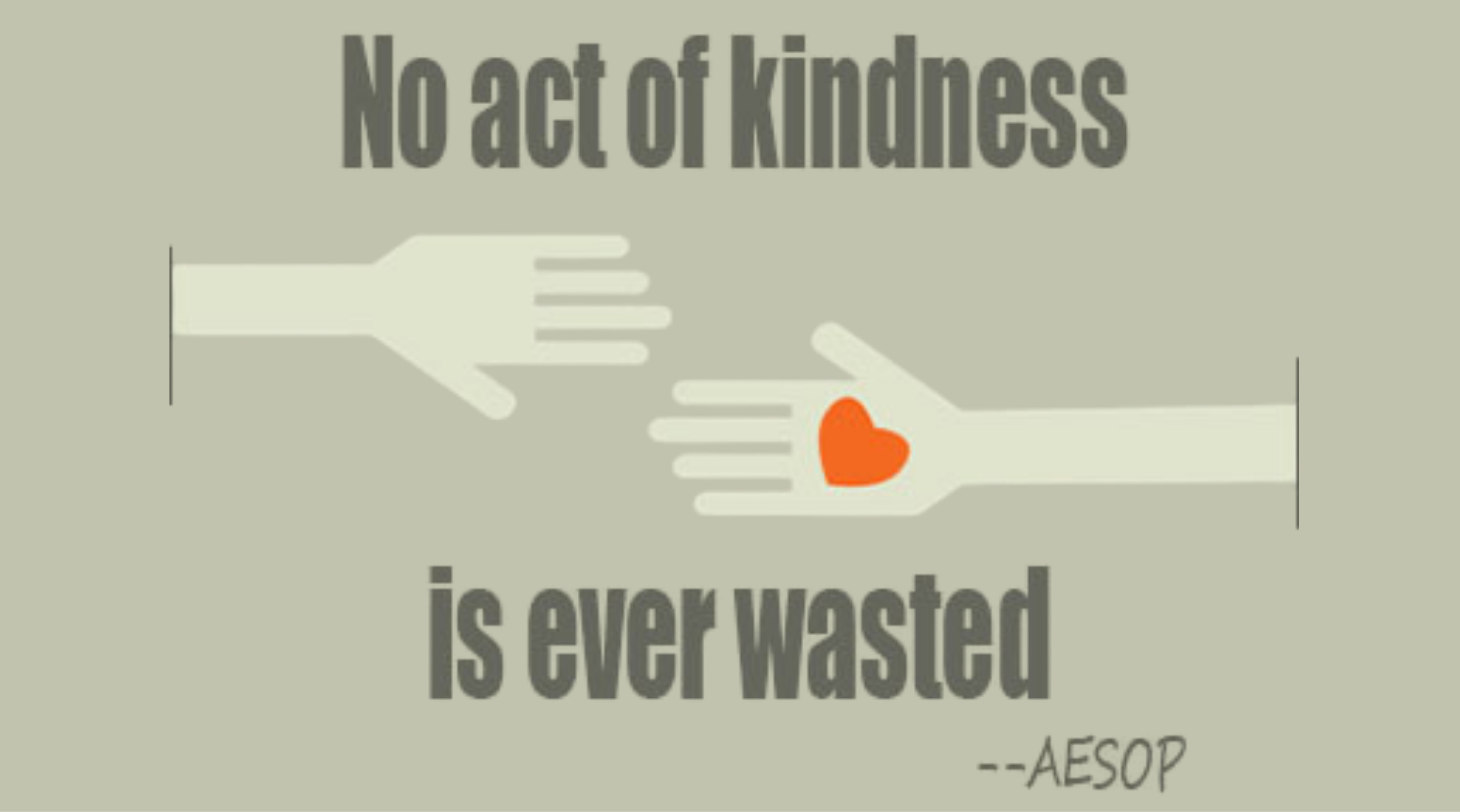Alongside every parent(s) caring for a child with a life-threatening illness, may there be such a doctor caring for the WHOLE person and the family.
At the age of 35 years, Ben had already lived a full life according to the textbooks. Unable to walk at the age of 8 and unable to breathe without a machine at the age of 15, Duchene’s Muscular Dystrophy (DMD) had robbed him of so many freedoms. And yet, Ben had tremendous vitality and dignity.
I met Ben when he was admitted to the ICU for worsening heart function, a known “late-stage” complication of DMD. He felt weak and tired. He had intrusive thoughts about how his body might be changing and the further disabilities that might be ahead of him. He was scared.
As a new pediatric palliative medicine physician, I was nervous about meeting someone my age. How would Ben take my probing questions about his life and his priorities? How could he trust someone with such a different life than what he had, but who “should have” been doing so many of the same things? How angry would he be about decisions he was facing so early in life? Would he talk to me about his fears?
In his hospital room, Ben lay flat on his back in bed. He was unable to move his body, which was frail from disuse. He relied on others for everything. His machines blasted all around him with the sound of air moving in and out.
At our first meeting, Ben was incredibly gentle. He spoke about his love of music and how he used to have long hair like the heavy metal rockstars he admired. He told me about all of the trouble he and his brother had caused in their neighborhood when he was growing up despite his wheelchair. He spoke about how important the computer was to him because it kept him in contact with his friends when going out of the house was too difficult. He also told me about his love for nature and how much he enjoyed fresh air and being outside.
Ben talked about what was hard for him too. He constantly worried about how people would treat his body. Would they know how to move him without hurting him? Could he trust them to suction his tracheostomy without causing bleeding? Would they hear him call for help in the middle of the night since he could no longer help himself? He also worried about the future. What would death feel like? Would his parents be okay after he died? What would happen to “him” after he died? And then Ben would start to cry. Silent soft tears would come from his eyes and his nose would begin to water.
In these moments, our conversations were stopped by the simple act of a stranger wiping away tears and blowing the nose of a stranger. Initially, I was nervous about such a simple thing because it seemed so personal. Would Ben be okay with me wiping his nose? Would I do it right? And to be honest, at first I did an awful job. But Ben patiently taught me, like so many of the caregivers he had trained over the years to care for him at home. He told me, “press on one side at a time, squeeze longer, ok that’s enough.” As we continued to meet, it became our joke that at least I had learned to blow Ben’s nose properly. But I think more importantly, it showed that we trusted each other and that Ben could trust himself to guide others in his care as he always had . . . even in these most difficult aspects of his life, even in his death.
As a pediatric palliative care physician, I am constantly reminded of the grace of people even in the most impossible of situations. With the worsening health of a child or young adult, unimaginable decisions must be made. These decisions are eased with the support of not only family and friends, but also people within the healthcare system who can be honest, trustworthy and compassionate. Palliative care providers aim to support children during these most difficult times by focusing on the hopes and goals of their families. Everyday I am humbled by the aspects of strength, kindness and wholeheartedness with which my patients live their lives.
Over the months, Ben and I made progress about many of his worries. We focused on what we could control and left many of the unanswerable questions unanswered. A month before he died, Ben attended a rock concert and was called up on stage. He told me about it from his hospital bed with a bright smile the day before he died. To Ben, I was a doctor who respected him and who listened. To me, Ben was the gentlest of teachers about acts of human kindness.
